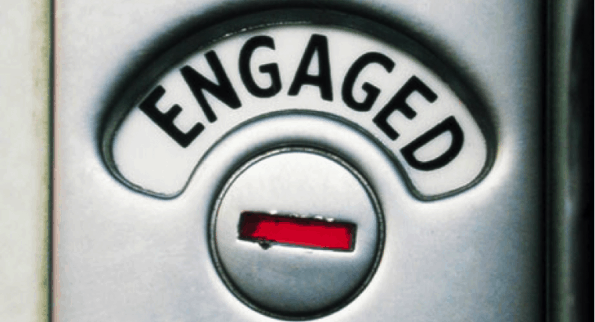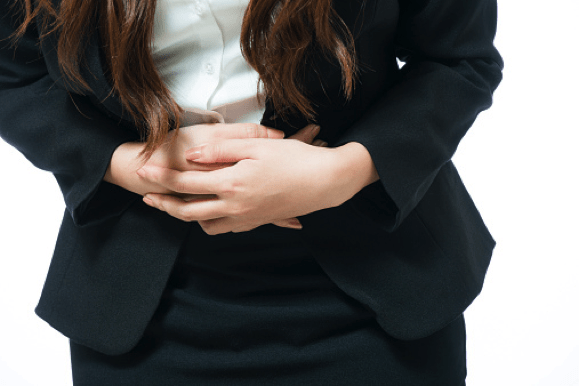
 Irritable Bowel Syndrome or IBS as it is known for short is the term used to describe uncomfortable symptoms of bloating, cramping, wind, diarrhoea and/or constipation. Because these can also be symptoms of other conditions, the diagnosis should only be made after ruling out other conditions such as coeliac disease, crohn’s disease, and ulcerative colitis and for women gynaecological issues.
Irritable Bowel Syndrome or IBS as it is known for short is the term used to describe uncomfortable symptoms of bloating, cramping, wind, diarrhoea and/or constipation. Because these can also be symptoms of other conditions, the diagnosis should only be made after ruling out other conditions such as coeliac disease, crohn’s disease, and ulcerative colitis and for women gynaecological issues.
IBS is common and for those that suffer it very uncomfortable and inconvenient. Management options include dietary modification, stress management techniques and sometimes medications.
Because the cause is unknown IBS isn’t really “treated”, rather, triggers are identified and managed. IBS may occur after a bout of gastroenteritis or food poisoning. IBS can also occur during or after pregnancy.
If you have been diagnosed with IBS, your Dietitian will be interested to know:
• Are meals and snacks regularly spaced, or are you grazing or having long gaps between eating?
• Is there enough fibre taken in during each day?
• Is there enough fluid consumed each day?
• How do you eat, fast or slow?
• What do you eat? Fruits, vegetables, legumes, dairy, grains?
• Other lifestyle factors – exercise/movement, relaxation
• What is the pattern of the symptoms, when did they start?
• What circumstances improve or worsen symptoms?
For some people the biggest culprit is what is now known as FODMAPs. These are small chain carbohydrates that make it to the large bowel undigested and are then fermented by gut bacteria. These carbohydrates are found widely in natural healthy foods, and some of them are very beneficial to our health. So it isn’t wise to cut out foods without some guidance.
The list of FODMAP tested foods is increasing as the research team at Monash University tests more foods.
 To identify whether FODMAPs are contributing to your IBS symptoms you’ll need to undertake a supervised elimination diet for up to 6 weeks. The elimination phase is followed by systematic challenges to find out which groups affect you most and so you don’t need to avoid foods unnecessarily.
To identify whether FODMAPs are contributing to your IBS symptoms you’ll need to undertake a supervised elimination diet for up to 6 weeks. The elimination phase is followed by systematic challenges to find out which groups affect you most and so you don’t need to avoid foods unnecessarily.
If you’re dealing with IBS make an appointment to get help with a Low FODMAP diet.